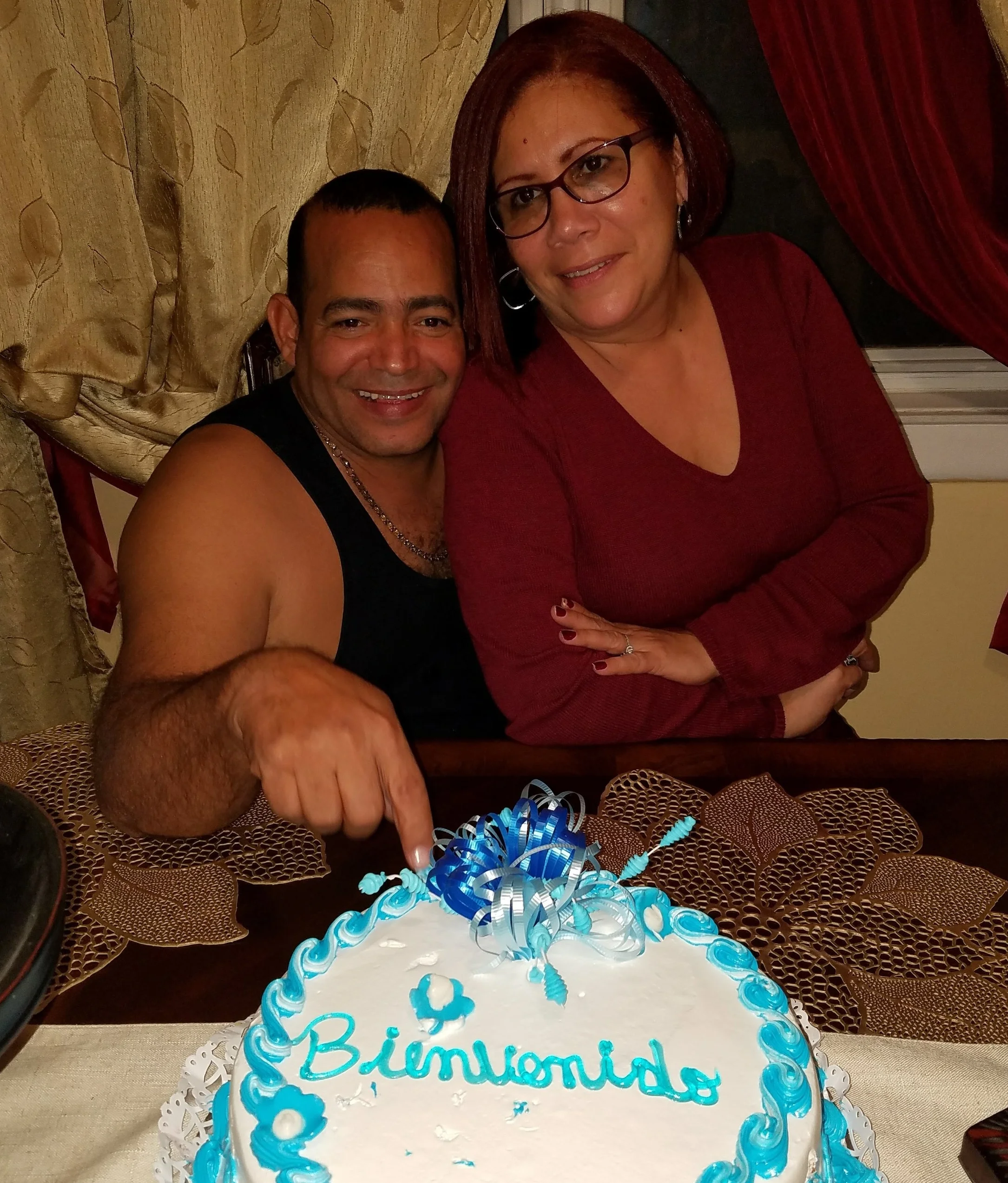For the second time in 3 months, forensic science in the Commonwealth of Massachusetts has made national headlines. Yesterday, Judge Richard A. Carey released a scathing ruling, condemning two former Massachusetts state prosecutors for committing "fraud upon the court" in an attempt to cover up the misconduct of disgraced lab chemist Sonja Farak in the Amherst Drug Lab scandal.
Judge Carey found that the two former prosecutors willfully concealed documents and attempted to make a series of “calculated misrepresentations” to the court in several cases in which Farak had been involved. She was arrested in 2013, after it came to light that she had been getting high off of drug samples she was meant to be testing (for criminal cases for a number of years. After admitting to cooking crack-cocaine in the lab, Farak was sentenced to 18 months in prison.
"It has been startling to see unveiled the amount of damage done by a single lab analyst, Sonja Farak, who placed her own selfish wants and needs before her duties as a public servant in a critically important role," Judge Carey wrote.
"Similarly, but in many ways more damning, the conduct of two assistant attorneys general, (Anne) Kaczmarek and (Kris) Foster, compounded and aggravated the damage caused by Farak," he wrote.
Carey dismissed seven cases which Farak had handled, but attorneys warn that this could be just the tip of the iceberg: there are potentially thousands more that could feel the impact of the scandal, perhaps even rivaling the April fall-out (and dismissal of over 20,000 convictions) brought about by the disgraced state lab chemist, Annie Dookhan. In the final year of its existence, the Amherst lab revealed that 302 out of the 5517 samples that had been submitted for testing contained no controlled substances. As with the Dookhan scandal, it's impossible for anyone to know just how many innocent men and women have been affected by the misconduct of the lab chemist, and the ensuing misconduct by the lawyers in the Attorney General's office.
Judge Cary wrote, "Hopefully, this decision marks the beginning of the end of this sad chapter of Massachusetts legal history." But without significant reforms to the system, there is no reason to believe this is the end.
Flawed forensic science is a leading cause of wrongful convictions, contributing to nearly half – 46% – of DNA exoneration cases. Ensuring that only the most reliable forensic science makes its way into Massachusetts courtrooms is a vital tool in the fight against wrongful convictions.
Given the recent decision by Attorney General Sessions to disband the national forensic science commission, Massachusetts must step up on a state level. Sign here to let your legislators know that you support the fight against wrongful convictions and increased forensic science oversight in Massachusetts, by supporting the creation of a forensic science commission in the Commonwealth (Senate Bill No. 1285).


















